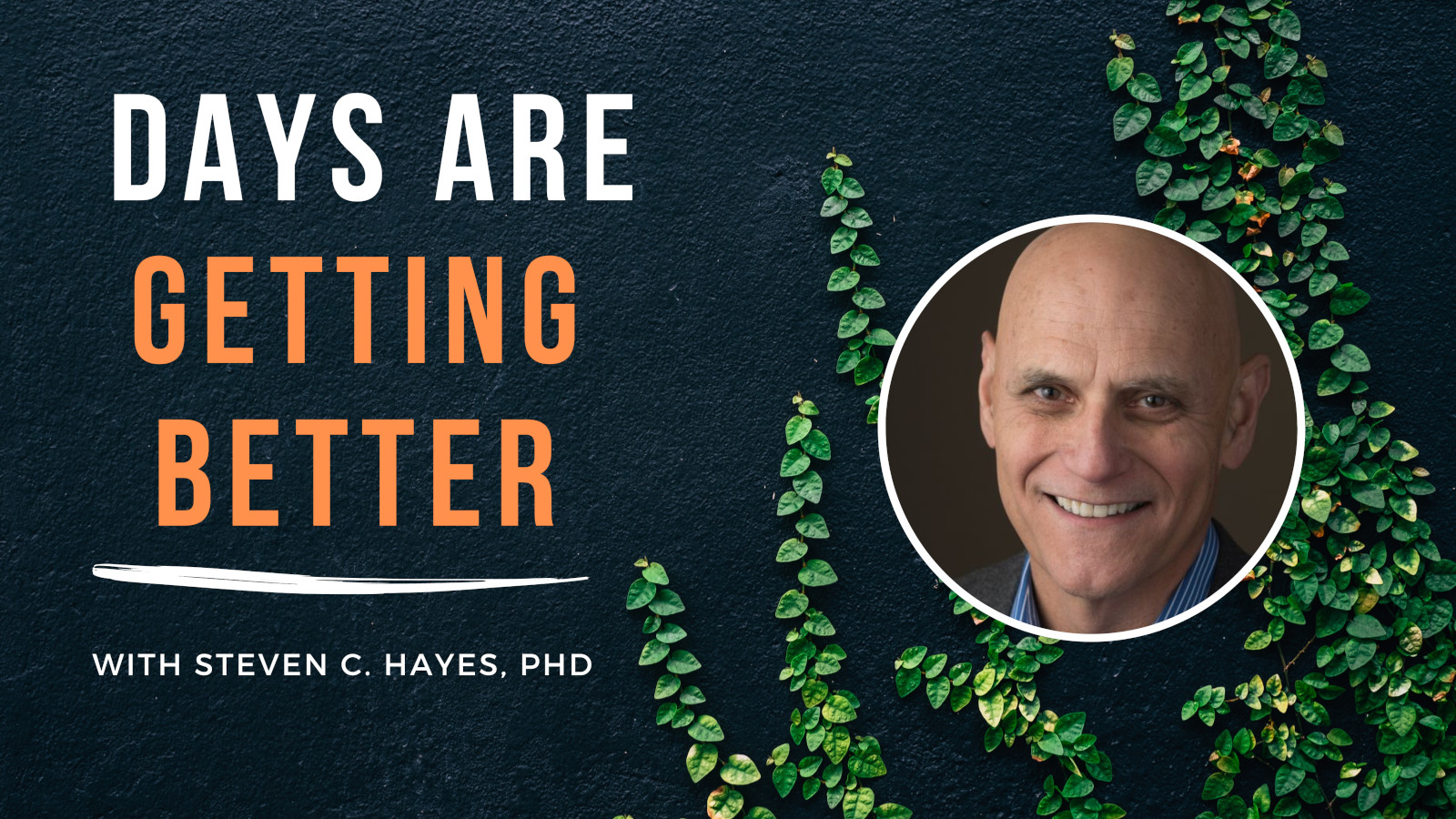Simone Biles is an exceptional athlete of unreal proportions. Now with 32 Olympic and World championship medals under her belt, she is widely considered to be one of the greatest gymnasts of all time. I think her performance at the Tokyo Olympics may leave a lasting legacy that goes far beyond athletics.
It came as no surprise when Biles qualified in all six of the women’s gymnastic finals. Had she competed in them all and won medals at her usual rate, America would be pleased, her name would have even more luster, and that would be that.
Instead Biles stepped aside to better focus on her mental health. Instead of retreating, she stayed on the sideline, cheering for her teammates. She did press interviews, talking about how the support she received worldwide has helped her see that who she is makes a positive impact on others, not just what she’s done athletically. She explained the danger of losing mental focus in her sport — helping the public appreciate more deeply what we ask of our elite athletes as they risk life and limb to perform feats that are almost beyond imaginations.
In doing these things Simone is almost redefining what mental health means, and is doing so in a very positive way and public way. Athletically, gymnastics is all about applying flexibility and strength to complex physical tasks. The same is true of mental health. We are all being asked everyday to apply mental flexibility and strength to the complex tasks we face in work, relationships, health, and play. When Simone did the unthinkable and stepped back from competition, shared what was going on, and yet persisted in what she could do as a teammate and as an elite sports figure, she showed a world class level of mental strength and flexibility. She faced the risks of severe criticism from social media or the disappointment of her colleagues while standing tall for the human values of support and caring for others — and yourself. When she came back to competition, she made it clear by her own behavior that stepping back was an act of responsible self-care, not an abandonment of her dreams.
When Simone Biles won that bronze medal in the balance beam, I believe that she also won a gold medal in the eyes of the public for staying mentally balanced even when life gets “twisty.” She showed us a bit of what mental flexibility and strength looks like and she showed that it can pay off. I can’t help but suspect that years from now her psychological gold medal will be remembered as much or more than her athletic ones because it gives us all a deep life lesson to be learned and used.
It’s hard to be an elite athlete, especially during Olympic events, when the world is watching, with the weight of expectations on your shoulders. And through the machinery of social media, athletes get direct feedback on their public image like never before – receiving a world of praise when they perform well, and anonymous attacks and criticism at the slightest slip. Few of us will ever face such a combination — but it is not different in kind from the weight of expectations we all can carry from our family or co-workers. It is not different in kind from the unfair comments sometimes made by others when we slip and fall. Sport is a metaphor for life, and Simone showed us something special.
We tend to think of these high performing athletes as untouchable, practically perfect, and beyond the capacity to be hurt and overwhelmed and afraid. But they too face their limitations, because the reality is simple: It’s hard to be human. Mental health problems are not something that apply to only a few unlucky ones, but to all of us. All of us face psychological challenges on a day-to-day basis, and all of us have to learn how to deal with our experience, and to treat ourselves with kindness and compassion.
This is what mental strength and flexibility is about. And if we find ourselves in a situation where we are not ready, and we make the choice to step back – not out of defeat, but out of self-care — it’s not a failure but a learning experience. It’s an act of self-love that prepares us to come back better than ever on our own “balance beams.”
By prioritizing responsible self-care, high performers can help change the cultural conversation around mental health, and show us what it means to be a whole human being. As Olympian Raven Saunders stated in the documentary An Olympic Athlete Takes on Depression: “People are starting to see mental health differently. It’s not something to be stigmatized. It’s not something to be afraid of or put down or looked down upon. All of us go through things and nothing can change it so it’s something that we can have open and honest conversations about.”
It’s time to take in the lesson. Let it be known that slipping and failing is learning. Let it be known that stepping back in the service of self-care is progress. What we need from our heroes is what we need from ourselves: learning how to face our challenges, prepare to meet them, and to take the steps that give us a chance to succeed — even when this means stepping back.
We are all human, regardless of how many titles to our name, or medals around our neck. Flexible strength is important for all of us.
Thank you, Simone, for the lesson.







